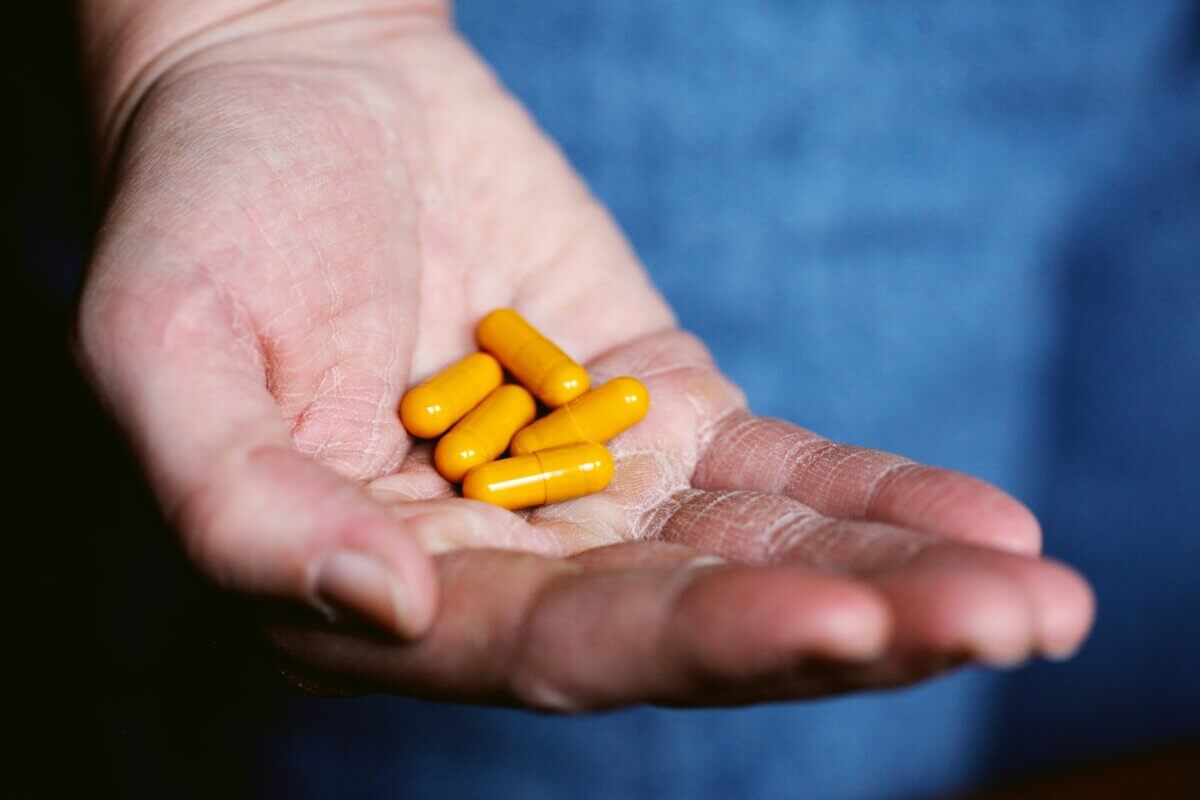CORVALLIS, Ore. — The secret to better health as men age could be sitting on a pharmacy shelf. Researchers from Oregon State University have found that daily vitamin and supplement use positively impacts nutritional markers among older men.
Multivitamins are typically viewed by consumers as a catch-all that helps meet all your nutritional needs that you might not get through their diet. However, research has been inconclusive when it comes to proving this connection exists.
“Many older adults take a multivitamin, thinking it will help them stay healthy,” says Alexander Michels, a research associate at OSU’s Linus Pauling Institute, in a university release. “However, previous studies have shown mixed results when it comes to multivitamins and disease risk. We wanted to know why there was so much uncertainty. Is it possible that multivitamins aren’t as effective at changing nutrition biomarkers in older adults?”
A group of eight OSU scientists recruited 35 healthy men over the age of 68 for their double-blind study. Half of the men received a Centrum Silver supplement, while the other half took a placebo. Participants didn’t know what they were receiving and none of them were allowed to take other supplements throughout the duration of the study. Vitamin D was an exception so long as a doctor prescribed it.
“Our tests showed that many of these older men were not obtaining the optimal levels of several vitamins when the study started,” says Tory Hagen, principal investigator and Helen P. Rumbel Professor for Healthy Aging Research at the Linus Pauling Institute. “So there certainly was room for improvement.”
After six months, significant differences became noticeable. Those taking the multivitamin showed improvements in nutrition biomarkers, while the placebo group members didn’t.
“Several of the participants assigned to the placebo group had blood nutrition biomarkers fall during the study,” says Hagen, who is also a professor of biochemistry and biophysics at OSU. “It suggests that food alone was not enough to keep their vitamin and carotenoid levels up.”

Carotenoids are yellow, orange, and red pigments that are synthesized by plants and are key to optimal human health. Beta-carotene, a pre-cursor to vitamin A found in carrots, is an example of a carotenoid that you may be familiar with. Disease risk wasn’t a measure used in this study, but white blood cells were tested as they are part of the body’s immune system.
“We were amazed to find that the men who took the placebo showed reduction in cellular oxygen consumption,” says Hagen, as oxygen consumption indicates cell functioning. “This was not observed in men who took the multivitamin, suggesting a connection between vitamin status and white blood cell function that we are eager to explore further.”
While multivitamin effectiveness remains unclear, this study could be the first step in clearing that up.
“Our evidence indicates that many older men could benefit from a daily multivitamin, but the response did vary from individual to individual,” says Michels. “Knowing who benefits the most and why will be key for multivitamin trials that evaluate disease risk in the future.”
The findings are published in the journal Nutrients.
You might also be interested in:
- Do multivitamins work? Study concludes supplements a ‘waste of money’ for most people
- Best Vitamins For Energy: Top 5 Supplements Most Recommended By Experts
- Taking multivitamins daily after age 60 can slow memory decline
- Best Vitamins For Your Immune System: Top 5 Most Recommended By Health Experts

